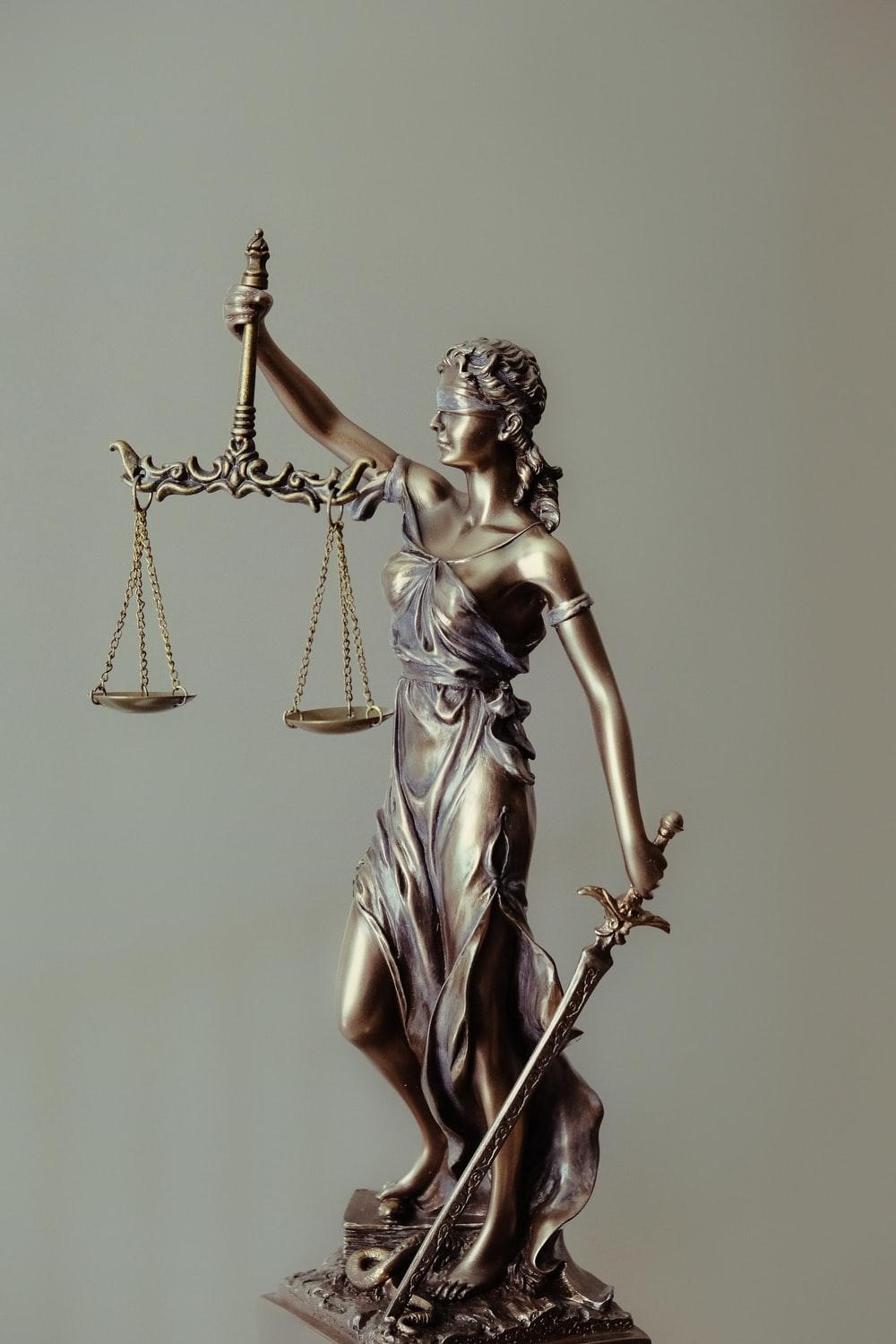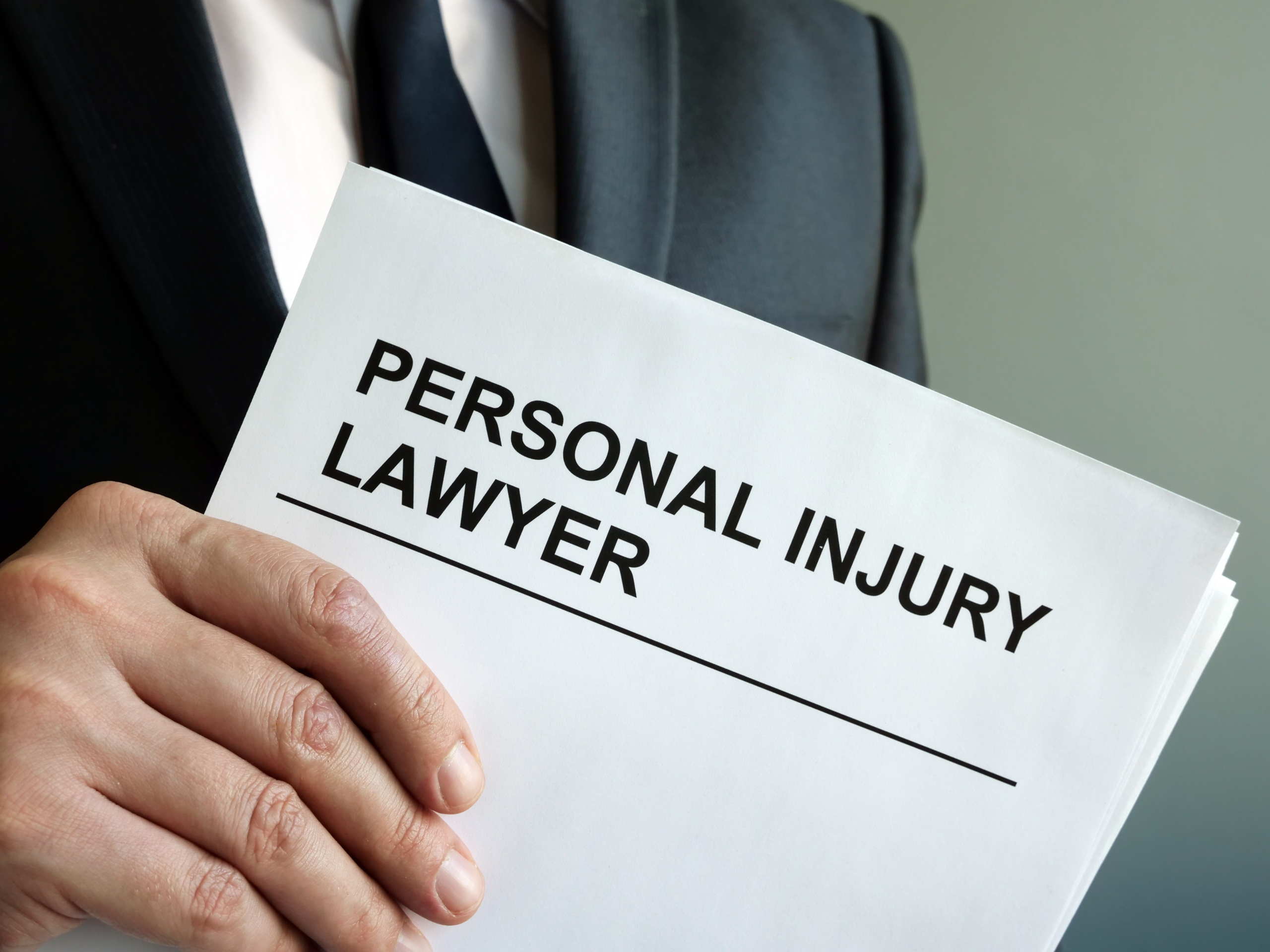Now Reading: What You Must Prove To Win A Slip and Fall Injury Claim
-
01
What You Must Prove To Win A Slip and Fall Injury Claim
What You Must Prove To Win A Slip and Fall Injury Claim
A slip and fall accident can occur in the least expected situations. Often these slip and fall accidents are due to someone else’s negligence or wrongdoing. However, we have to face the consequences, which vary from minor to major.
Here, in this article, we are going to discuss the things you must prove in order to win a slip and fall injury claim. We are starting the discussion with the basic information about slip and fall injury accidents and then will head towards the main topic.
What Is A Slip and Fall Accident?
“Slip and fall” is one of the cases of personal injury. It is addressed to the personal injury case when individual slips or trips on someone else’s property and gets injured. Slip and fall accidents usually take place on-premises or in property owned and maintained by someone else.
In this case, the property owner was held responsible for the accident.
You Must Prove To Win A Slip and Fall Injury Claim
Now, you have gained basic knowledge about the slip and fall injury claim. It is time to jump into the main topic. When you are claiming for a slip and fall injury accident, you must provide some basic things in front of the insurance company or to the court, if required.
Proving the following things will only be able to ensure your win in this case. So, let’s start with them now.
1: Theories Of Liability In Slip And Fall Accident
When you are a victim of injuries from a slip and fall accident, in order to get the claim, you must prove that another party or parties are responsible for the accident and, eventually, your injuries. For holding another party responsible, you need to prove the following.
- A property owner or an agent or employee of the property owner should have recognized a dangerous condition and rep[aired or removed the potential danger, but they failed to do so. Here the key question is whether a reasonable person will be able to identify the condition as a hazardous one also whether the victim or injured person has ample amount of opportunities to remedy the situation prior to the accident taking place.
- A property owner or any of their employees is actually responsible for the dangerous condition leading to the slip and fall accident and, for example, leaving a hazardous obstacle in the walking pathway.
2: Proving Negligence And Liability
In settlement negotiations, along with other key stages of slip and fall cases, the particular term “reasonable” mostly comes up. It is because, for holding “negligent” and thus liable for dangers in a particular slip and fall case, a property owner, or an agent, or an employee of the owner must have failed to take action as a reasonably wise person would have acted.
Here are some of the factors that plaintiffs must consider.
- Had the obstacle or hazardous condition existed long enough that a reasonable and wise property owner or their agent coil have taken the necessary action for eliminating the hazard.
- Did the property owner or their employee or agent have a policy of checking for potential hazards on a regular basis or dangers on the particular property? If they have, whether there is some type of log or another record about whether immediately after the accident they followed the procedure.
- Was there any reasonable justification for the occurrence of the potential hazard? If yes, then did the justification still exist at the time of the slip and fall accident?
- With preventive measures, like placing adequate warning signs in the area, preventing access to the location, or relocating the hazards, could the hazardous condition have been made a little less dangerous?
Proving You Are Not The Reason for The Accident
In a slip and fall accident, the insurance company of the property owner will always try to search for your fault or try to hold you partially responsible for the slip and fall accident and the injury you got.
Here, you need to prove that only the property owner is responsible for not taking care of the hazardous condition, and for you, no preventive measures can not possibly be taken. In this case, you must hire a legal professional to handle your slip and fall accident.










